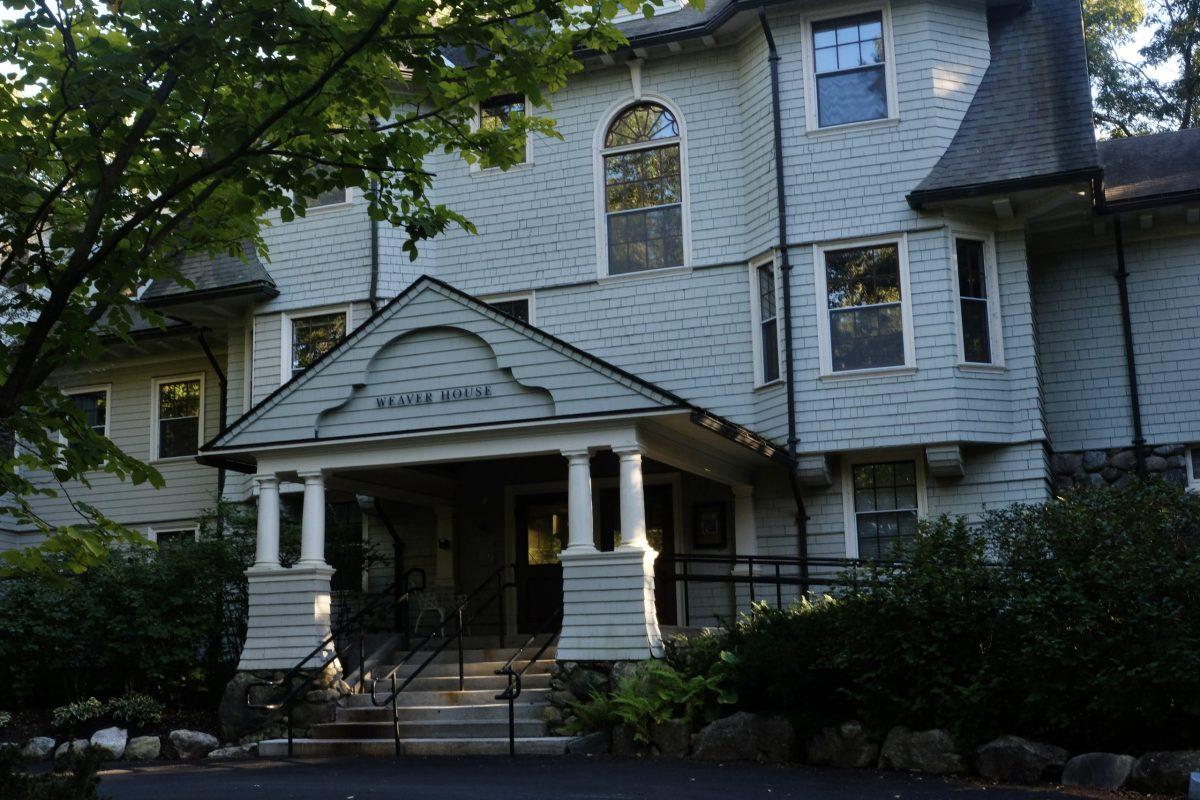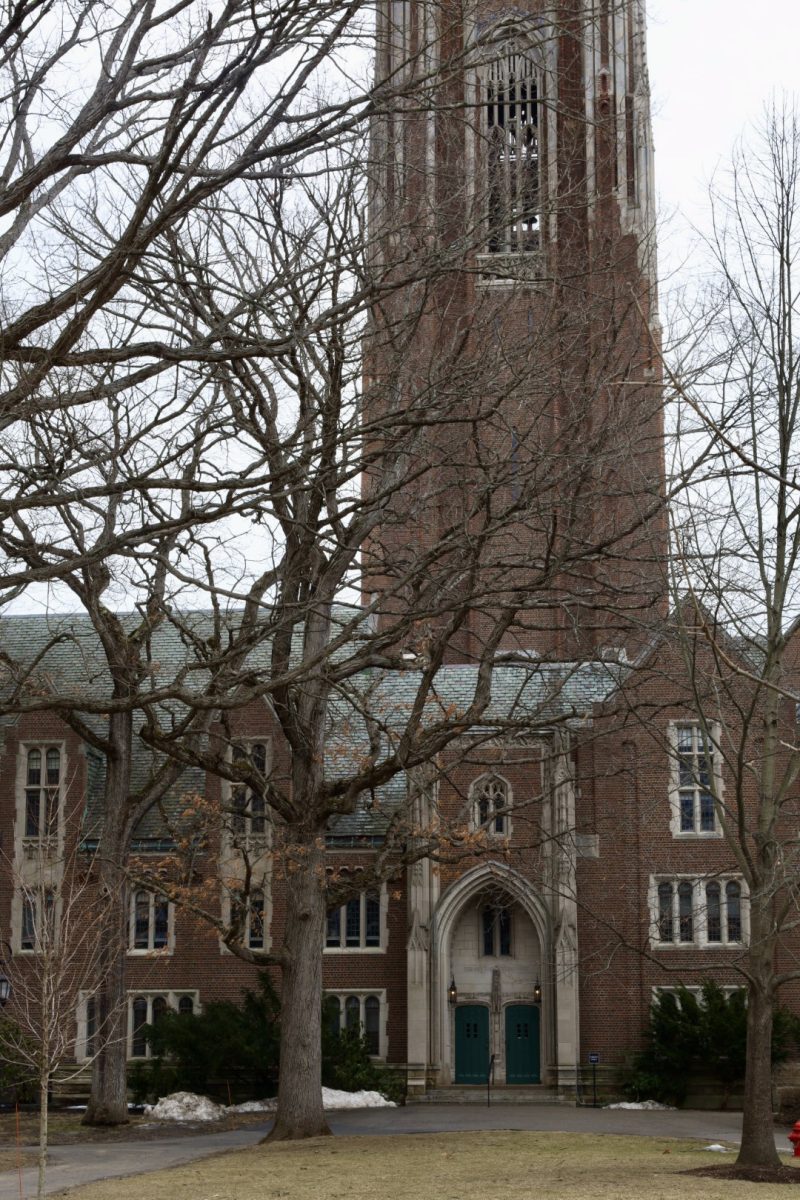On June 29, 2023, the Supreme Court of the United States effectively ended affirmative action in its ruling on the cases Students for Fair Admissions, Inc. v. President & Fellows of Harvard College and Students for Fair Admissions, Inc. v. University of North Carolina. The Supreme Court ruled that race-based affirmative action policies violate the Equal Protection Clause of the 14th amendment. Colleges can no longer consider race as a factor in college enrollment.
President Paula Johnson, in her announcement to the Wellesley College community following the Supreme Court decision, stated, “What I can say with certainty is that I am deeply disappointed in the Supreme Court’s unwillingness to uphold earlier decisions acknowledging that colleges and universities have a ‘compelling interest’ in enrolling a diverse student body because of the important educational benefits diversity offers all students.”
While “compelling interest” has been central to prior affirmative action cases, another oft-cited legal argument for affirmative action is that the policy redresses historic racial inequities, particularly those in K-12 education.
Among 4,000 colleges and universities within the United States, over 200 schools are considered highly selective, meaning that they admit fewer than 50 percent of applicants. With already high barriers for access to education, elite institutions being unable to consider race in admissions will likely impose difficulty in maintaining a diverse student body, making the decision particularly relevant to the College.
An amicus brief filed with the Supreme Court by top liberal arts colleges including Amherst, Williams and Wellesley projects that “the percentage of Black students matriculating would drop from roughly 7.1 percent of the student body to 2.1 percent” on their campuses.
In March of 2023, Wellesley College admitted only 13 percent of the 8,400 applications received for the Class of 2027. In this admitted class, 64 percent are domestic students of color, identifying as African American, Asian American, Latina or Hispanic, Native American, or multiracial, and 23% will be the first generation in their families to attend a four-year college. Additionally, Wellesley suspended the standardized testing requirement for the third year in a row, making testing optional for applicants.
Wellesley’s Dean of Admissions and Financial Aid, Theresa Peaches Valdes, expressed, “We were disappointed in the Court’s ruling, but we (the College) will comply with the decision. We remain steadfast in our commitment to seek to attract applicants who are both academically talented and who will bring diverse perspectives and experiences to Wellesley.”
“The admission team is expanding our efforts to recruit a large and diverse pool of prospective students,” she said. “As noted in President Johnson’s letter this summer, the admission team has a multi-pronged recruitment approach that consists of extensive in-person travel and a robust suite of virtual programming, and we have returned to on-campus programming such as student-led campus tours.”
Regarding the logistics of the application process, Valdes clarified, “The application itself will not change, but the College will not be able to view answers to questions in the application about race and ethnicity until after all admission decisions have been made.”
Mariam Sirage ‘26, a student working for the Office of Admissions, said that although she was initially concerned about the Supreme Court decision, she felt reassured by the Admissions team. “Wellesley does holistic reviews of applicants, and [the Admissions Office] has explained that when they’re looking for students, they’re looking for a well-rounded student body and overall they’re looking for people who will be a great fit at Wellesley. Just from those little things that I know, I’m fully sure they’ll be able to uphold diversity here. It seems like it’s a really important thing for them to make sure the campus is diverse.”
This summer, while working for the Admissions Office, Sirage ‘26 worked on her page for the Ron Brown Scholars network. The Ron Brown Scholar Program awards need and merit-based scholarships to attend any four-year accredited college or university within the United States. The scholarship seeks to identify high school seniors of African descent who excel academically, show exceptional leadership potential and make an impact on their communities through service. Sirage ‘26 elaborated, “Throughout the summer, my project was to post something every week on Wellesley’s page for this program about my experiences as a student of color, what my living situation is like, what my favorite things at Wellesley are, and connect with the students to show them if you do come here, there are support systems here for you.”
Tatyanna Hughes ‘27 echoed the same sentiment as Dean Valdes and President Johnson that the Supreme Court decision was disappointing. She reflected on her thought process while applying, “When you’re looking at a college, you look at the statistics of the makeup of the campus and you see the percentages of people who are or aren’t like you and that plays a role into where you want to go.” Hughes ‘26 continued, “What I would fear would happen based on the affirmative action decision is that people of color will believe that there is not a space for them in these predominantly white institutions and because of the competitive nature of a campus like Wellesley, they’ll feel that they won’t have anything to stand out.”
On how students can navigate applications without affirmative action, Dean Valdes reiterated, “students should continue to feel empowered during this process and in how they choose to share their story as to why they would be a good fit for Wellesley. I am proud to lead a team of admission counselors who apply great care and attention to each application they review; they do not take this responsibility lightly. ”




